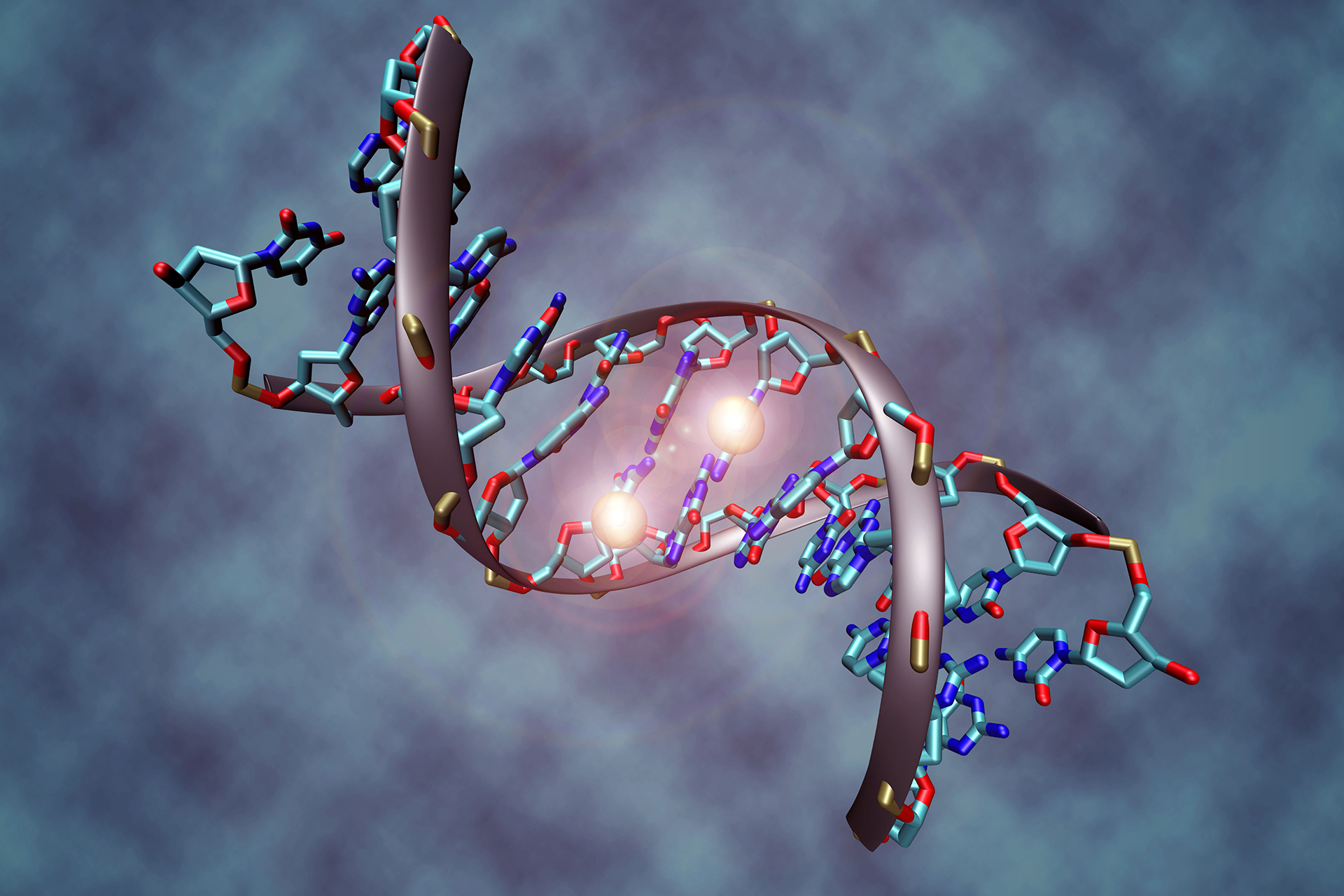A person's 'epigenetic age' can predict how long they will live, according to a study of over 13,000 individuals.
The research looked at patterns of DNA methylation – a type of epigenetic change – across the genome and in different tissues of the body to predict each individual's biological age.
'In geriatric medicine, we are always struck by the difference between our patients’ chronological age and how old they appear physiologically,' said Professor Douglas Kiel of Harvard Medical School, who was a co-author on the study. 'This [work] validates the use of DNA methylation as a biomarker for biological age. And if we can prove that DNA methylation accelerates ageing, we can devise strategies to slow the rate and maximise a person's years of good health.'
The research was published in the journal Aging and used data from individuals in Europe and the USA from three ethnic groups – non-Hispanic Whites, Hispanics and African Americans. The researchers analysed changes to DNA methylation across 353 sites in the genome to predict each individual's lifespan. A higher biological age — regardless of chronological age — consistently predicted an earlier death across all three groups.
The predictions of lifespan were accurate even after accounting for risk factors including age, gender, race, smoking, body mass index, physical activity and previous disease burden.
They also found that the biological ageing rate was much faster in five percent of individuals. This accelerated biological ageing increased the risk of death by 48 percent, regardless of chronological age, which could help to explain why some individuals die young despite following a healthy lifestyle.
'While a healthful lifestyle may help extend life expectancy, our innate ageing process prevents us from cheating death forever,' said the study leader Dr Steve Horvath of the University of California, Los Angeles. 'Yet risk factors like smoking, diabetes and high blood pressure still predict mortality more strongly than one’s epigenetic ageing rate.'
The researchers say that by understanding the processes of epigenetic ageing, it may be possible to eventually develop ways of slowing down the ageing process in those individuals who age more quickly.





Leave a Reply
You must be logged in to post a comment.